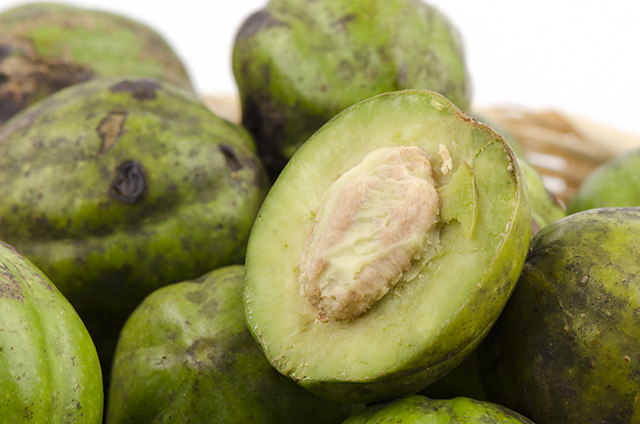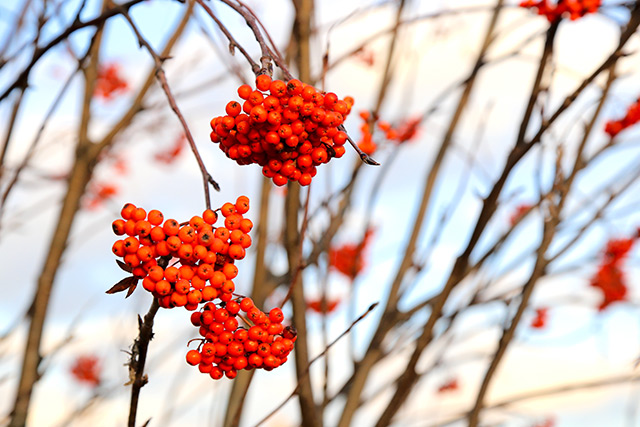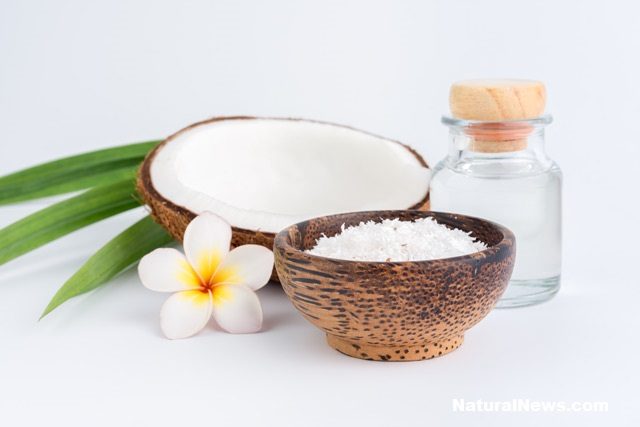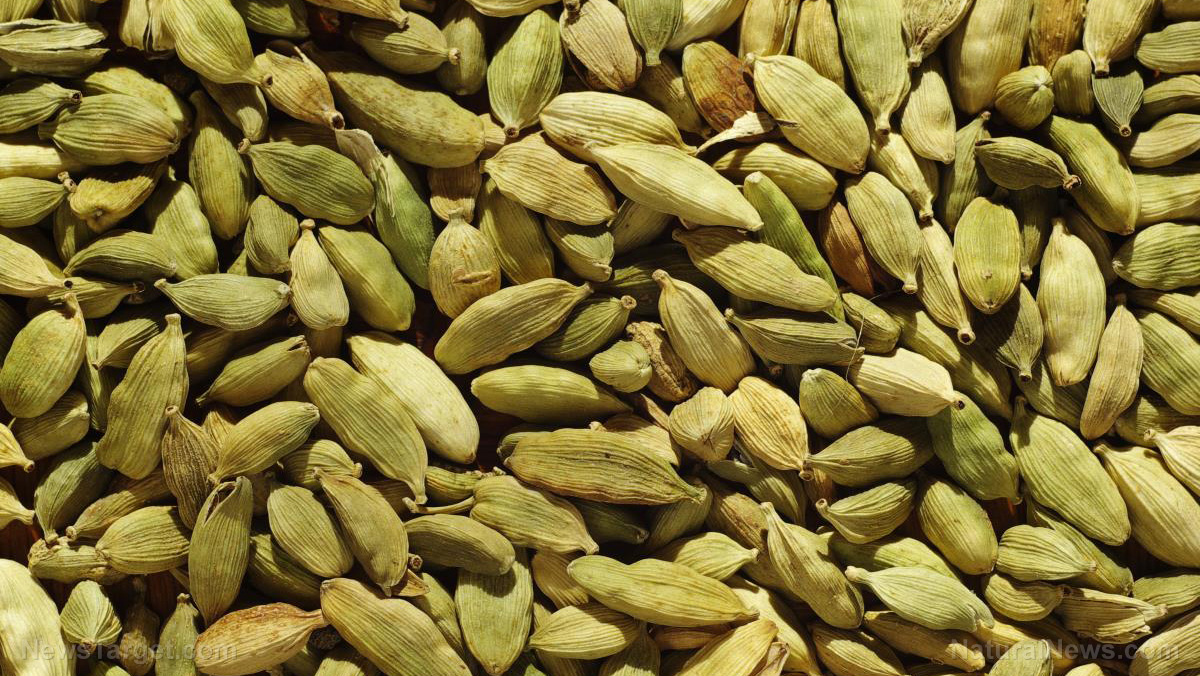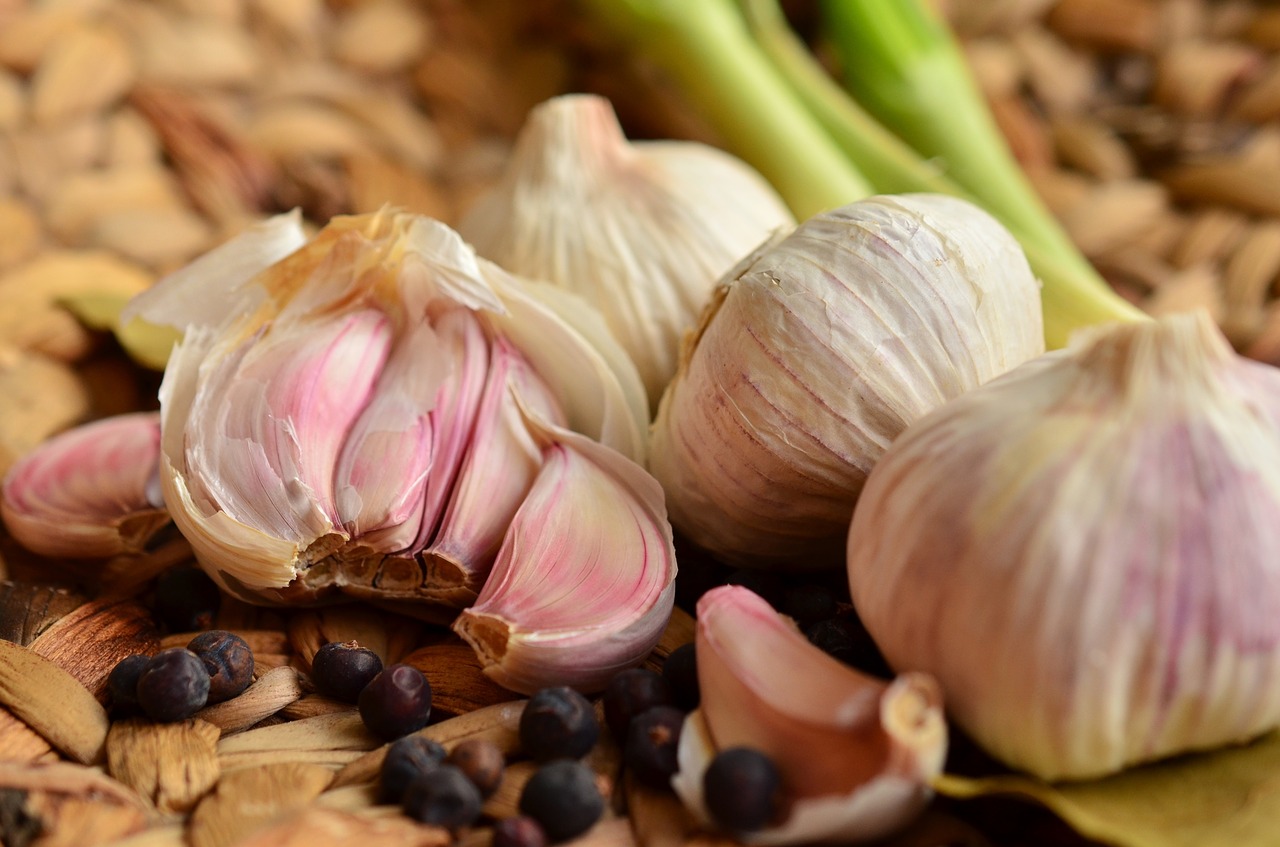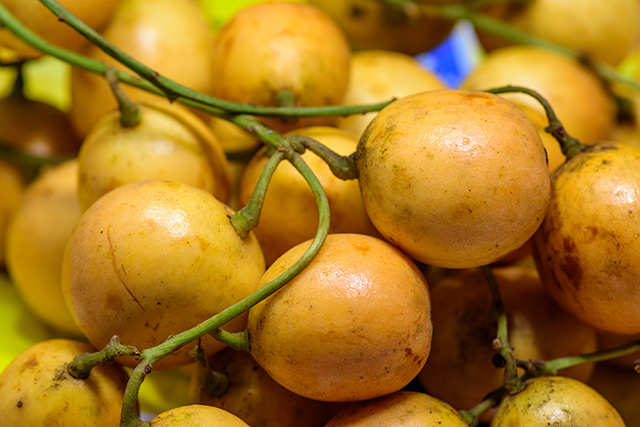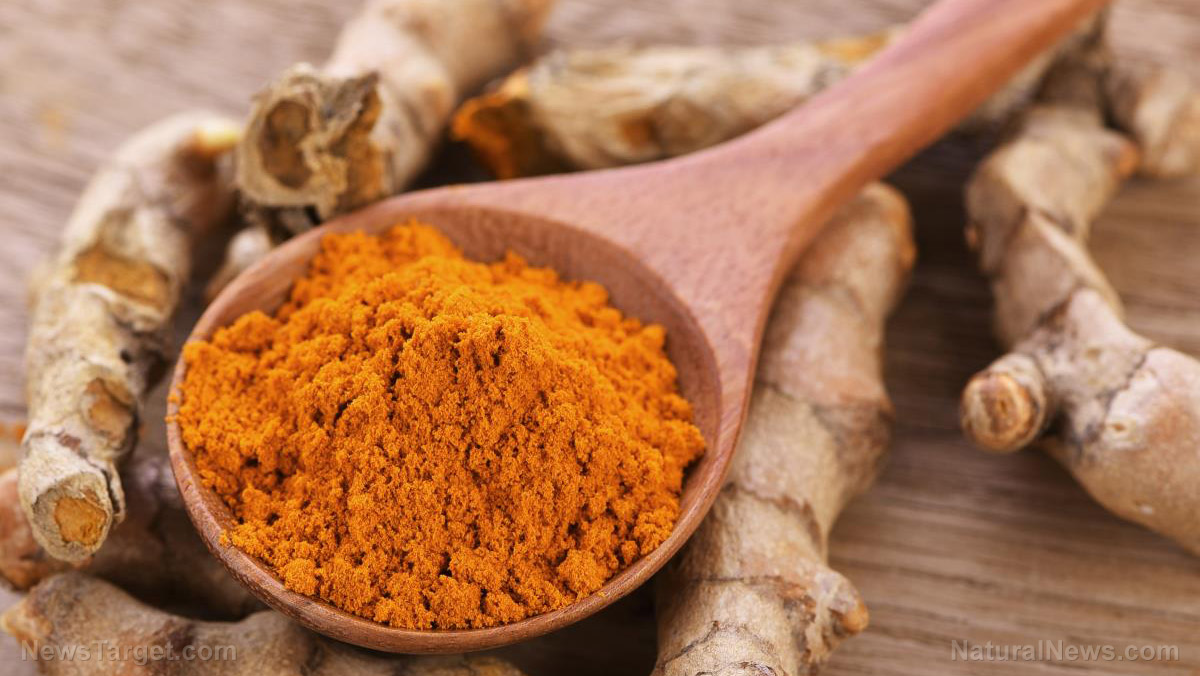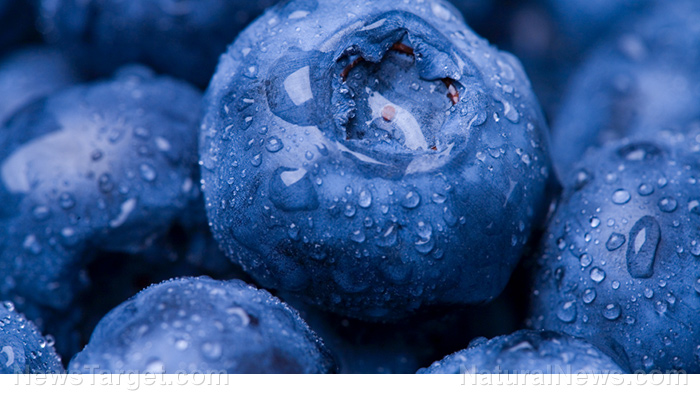Seaweed prevents Parkinson’s disease, according to new study
07/07/2018 / By Michelle Simmons

Research has shown that certain seaweeds have the potential to prevent the onset of Parkinson’s disease. The study, published in BMC Complementary and Alternative Medicine, looked at the ability of antioxidant-rich seaweeds to protect brain cells from the neurotoxin 6-hydroxydopamine (6-OHDA, also known as oxidopamine), a chemical used to simulate Parkinson’s disease.
In the study, researchers from the Polytechnic Institute of Leiria in Portugal tested this theory using the human neuroblastoma cell line SH-SY5Y, including its associated intracellular signaling pathways, and conducted an MTT assay to determine cell viability. In addition, the group assessed the intracellular signaling pathways hydrogen peroxide (H2O2) production, changes in the mitochondrial membrane potential, and Caspase-3 activity. These parameters determine how healthy the SH-SY5Y cells are. Changes in these parameters affect cell viability.
The team used seaweeds known to have potent antioxidant activity in the study, including peacock’s tail (Padina pavonica), Japanese wireweed (Sargassum muticum), furbellow (Saccorhiza polyschides), velvet horn (Codium tomentosum), and green alga (Ulva compressa).
From the assays, the researchers noted that cell death occurred after being exposed to oxidopamine. The presence of oxidopamine caused an increase in H2O2 production, the depolarization of mitochondrial membrane potential, and the increase in Caspase-3 activity, decreasing cell viability. Oxidative stress, mitochondrial and lysosomal dysfunctions, neuroinflammatory processes, and the formation of pathologic inclusions add to nerve cell death in Parkinson’s disease.
In addition, they found that the seaweed extracts efficiently prevented the death of SH-SY5Y cells upon oxidopamine exposure. This may be due to the decrease in the production of H2O2, the protection of mitochondrial membrane potential, and the decrease in Caspase-3 activity. These indicate that the seaweed extracts caused a significant reduction in oxidative stress and exhibited an anti-apoptotic effect.
In conclusion, the findings of the study indicated that the extracts of peacocks tail, Japanese wireweed, furbellow, velvet horn, and green alga seaweeds contain potent antioxidant properties that reduce oxidative stress, which in turn, prevents Parkinson’s disease.
Preventing Parkinson’s disease naturally
The cure for Parkinson’s disease remains elusive until now – which means that more effort is needed to prevent or slow down its progression. Unfortunately, more than 10 million people around the world are living with the disease. Some of the complications that come with Parkinson’s disease include tremor, slowed movement, rigid muscles, impaired posture and balance, loss of automatic movements, and changes in speech and writing.
Here are five things that can help you prevent Parkinson’s disease:
- Peppers – Peppers contain small amounts of nicotine can reduce the risk of developing Parkinson’s disease by at least 30 percent, according to research.
- White tea – Both green tea and white tea contain polyphenols that protect the brain from neurodegenerative diseases like Parkinson’s. However, white tea can be more effective in protecting against Parkinson’s disease as it contains more polyphenols than green tea. Polyphenols protect the brain from oxidative stress and damage.
- Vitamin B6 – A Japanese study has found that lower levels of vitamin B6 in your diet increase the risk of Parkinson’s disease by approximately 50 percent, especially in people who are 55 years old and older. Another study has shown that greater levels of vitamin B6 lower the risk of the disease by 54 percent. Vitamin B6 can be obtained from foods, such as bell peppers, wild-caught salmon, eggs, and grass-fed beef. You can also get the vitamin by taking a natural supplement daily.
- Healthy fats – Healthy fats protect the brain from Parkinson’s disease. The DHA in fish oil prevents the improper folding of proteins, which damage brain cells. Healthy fats also prolong the lives of brain cells. You can get healthy fats from foods like fatty fish and avocados. You can also take fish oil supplements. (Related: Science proves once and for all that eating a lot of fish prevents cognitive decline.)
- Vitamin D3 – A deficiency in this vitamin be detrimental to the brain’s health. Thus, it is important to get enough vitamin D3 levels to keep the brain healthy. You can find this vitamin in wild-caught salmon, eggs, and mushrooms.
Read more news stories and studies on preventing Parkinson’s disease by going to Brain.news.
Sources include:
Tagged Under:





